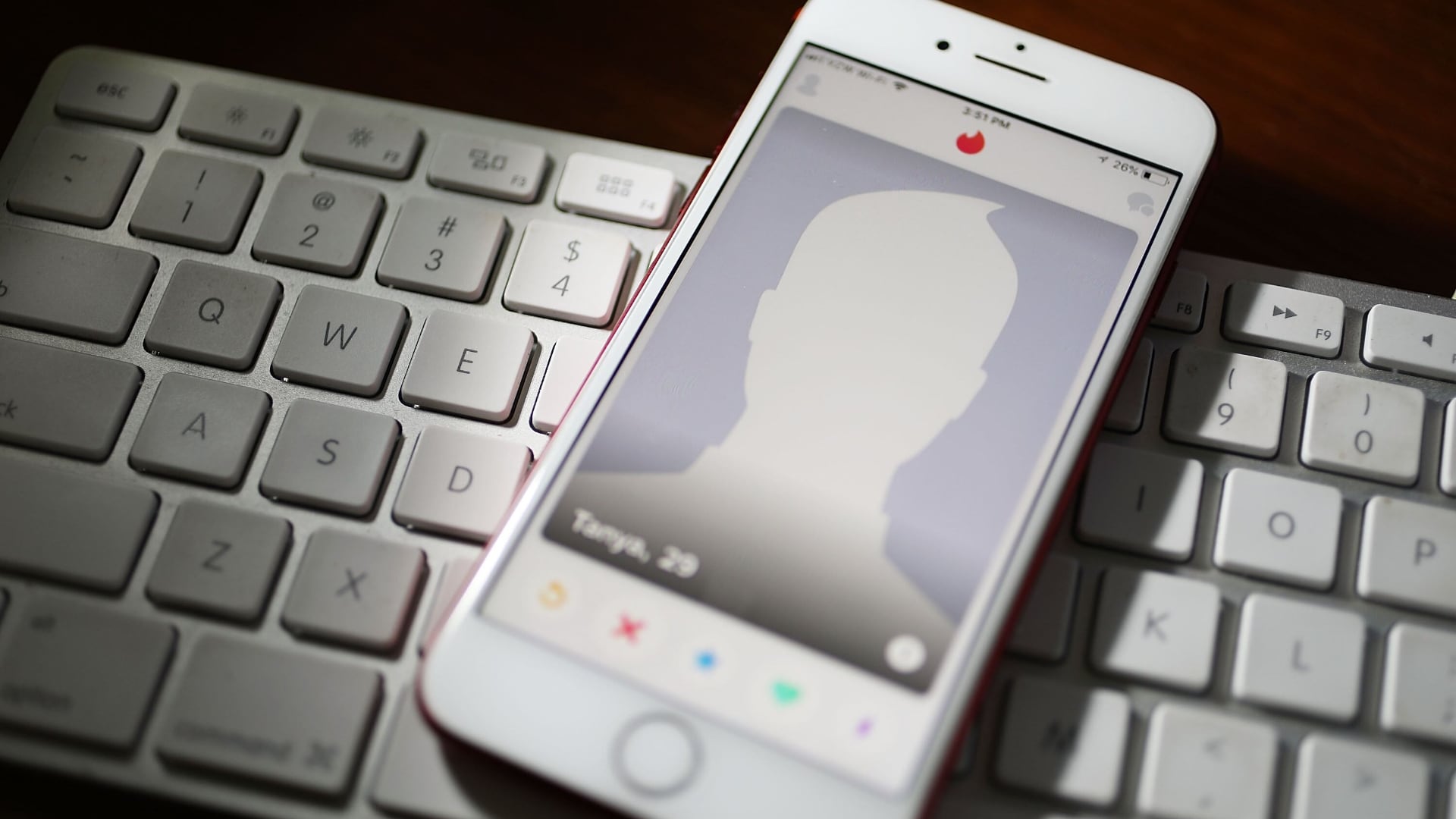New Jersey Governor Phil Murphy Wednesday announced an executive order expanding the scope of the state's coronavirus restrictions.
"If you think that for some reason, just because the curve is beginning to flatten, that we're out of the woods, this executive order will disavow you of that," he said.
The order will halt nonessential construction indefinitely starting Friday night. The order will not affect work on affordable housing, school buildings, emergency repairs, and work required to seal up job sites.
It will also limit the number of people allowed to enter essential retail stores to 50 percent of their approved capacity. Essential employees and customers must use face coverings. Stores must provide special shopping hours for high-risk individuals, erect physical barriers between customers and cashiers where possible, and regularly clean high-use areas.
In addition, the order will add protections for warehouse and manufacturing workers, though Murphy didn't provide specifics.
"No one should be working where social distancing isn't being practiced to its fullest extent," he said.
The governor took a moment during his daily press conference to point out that evidence of racial disparity between victims of coronavirus is steadily revealing itself across the country
"We're only early-stage in getting a full handle on the racial toll that this is taking, but the early data points are that we may be seeing a similar reality in New Jersey, as we're seeing nationally and elsewhere, that communities of color are paying a higher price."
He signed another executive order to move the state's primary from June 2 to July 7, with the goal of waiting long enough to allow in-person voting or at least provide extra time to coordinate a vote-by-mail election if social distancing restrictions are still in force.
"Our democracy cannot be a casualty of COVID-19," he said.
Murphy said he did not want to see a situation like Wisconsin, where "folks had to pick between exercising their right to vote on the one hand and protecting their own personal health."
There are a total of 47,437 cases and 1,504 deaths recorded in the state.









